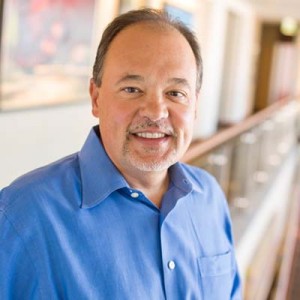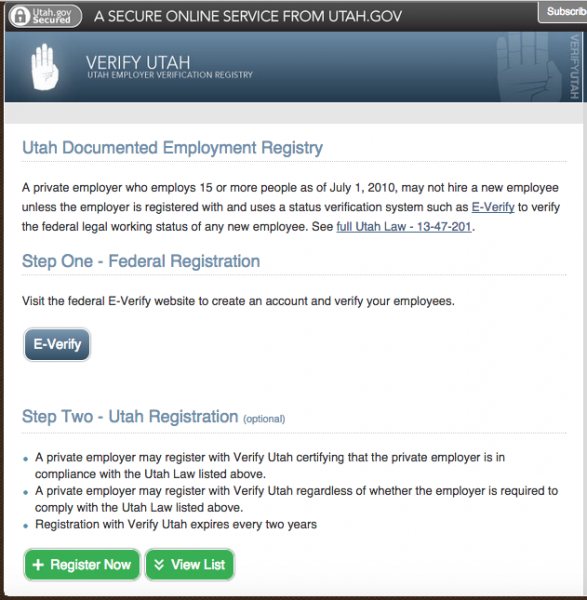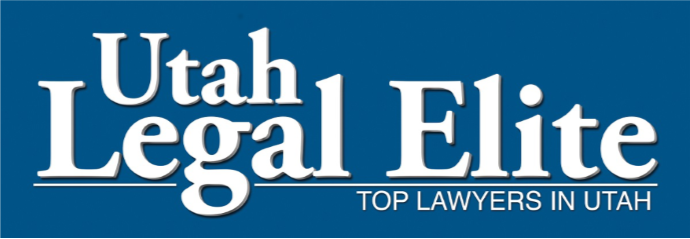Law is Stranger Than Fiction Episode 1: “Dirty” Soda
Listen in on what happens when one soda company sues another one over the word “dirty”
Law is Stranger than Fiction is a humorous weekly vlog series presented by the Salt Lake City law firm of Richards Brandt Miller Nelson that focuses on the absurd, the outrageous, and the hard-to-imagine aspects of law and the legal system in today’s society. These guys truly couldn’t make this stuff up. To learn more about Richards Brandt Miller Nelson
Steven: [00:06] Good Afternoon, welcome to Law is Stranger than Fiction. I am one of your co-hosts, Steven Bergman.
Barry: [0:12] And I am your other co-host, Barry Scholl.
Steven: [0:14] We’re shareholders in the law firm of Richards Brandt Miller Nelson in Salt Lake City, Utah. And today we are talking about a lawsuit over the use of the word, “dirty.” Barry go ahead.
Barry: [0:24] Well in the 1985 “Comfort and Joy” a pair of competing ice cream companies went to war in Glasglow, Scotland. In a case of life imitating art, in Salt Lake City circa 2015 two competing soda shops went to war over use of the term, “dirty” to describe infused-sodas.
Steven: [0:46] What is an infused-soda?
Barry: [0:48] That’s a good question Steven. A “dirty” soda starts with your standard soft drink infused with additional ingredients. Typically, coconut, milk, copious amounts of sugar, cream, and other flavorings. One food blogger likened it to liquid cotton candy.
Steven: [1:06] And what is the size of these infused soft drinks, or “dirty,” or “nasty,” or “filthy” beverages.
Barry: [1:12} They are sold in jugs as large as 64 ounces and all the way down to the petite size, which I believe is 44 ounces.
Steven: [1:22] What does one do with one of these caffeinated confections?
Barry [1:25] Well these overly caffeinated confections are very popular in Utah because the majority of the population doesn’t drink hot, caffeinated drinks. So, this gives them cold caffeine in a form that one food blogger likened to liquid cotton candy.
Steven: [1:45] Okay so anyway, these two companies are in a lawsuit over the use of the word “dirty.” Right?
Barry: [1:50] Yes, the senior company was granted trademark by the United States Patent and Trademark Office for the term “dirty” as describing an infused-soft drink.
Steven: [2:00] Let me stop you right there. They got a trademark on the word “dirty?”
Barry: [2:04] They did indeed. Much to the chagrin of their competitor.
Steven: [2:06] So now they display it on their signs with a TM or “dirty” with a little “r?”
Barry: [2:11} Dirty with a little ”r.”
Steven: [2:12] Okay. More power to the them.
Barry: [2:16} You know, exactly. So, their junior competitor started using the term “dirty” as well, which spurred a lawsuit from the senior user of the “dirty” trademark. Over the use of that term and also over infringement of their trade dress, which would have been their signage, the stores, the cups that they sold these infused-sodas in.
Steven: [2:40] Well when you said that did the trademark holder claim that the alleged infringer was copying the shape, and size, and the font?
Barry: [2:51] Well trade dress could be all of those things. In this instance, they specifically argued that they were copying the look and the feel of the soda shops and the cups themselves, as well as the use of the term “dirty” to describe these soft drinks.
Steven: [3:03] Okay. Well I know in intellectual property lawsuits typically the goal is to get an injunction and often these suits end pretty quickly. Is that the case here or, fueled by caffeine, did this suit drag on?
Barry: [3:14] Fueled by copious amounts of caffeine, this suit dragged on for a couple of years. Uh, and had a chilling effect on some of the smaller soda shops in the area, which avoided using the term “dirty” to describe their offerings. Instead, using terms like “filthy” and “nasty” to describe their soft drinks.
Steven: [3:36] I actually don’t want to know what a “filthy” coke is.
Barry: [3:39] I’m with you on that one.
Steven: [3:42] Okay and so is the lawsuit still going on?
Barry: [3:43] No. Recently it was announced that the two parties had settled. Although we don’t know the terms at this time or if one or both parties are allowed to continue to use the term “dirty” to describe their soft drinks. The suit has been dismissed. But in the mean time, one thing is sure—crowds continue to line up at both establishments to get their daily dose of caffeine.
Steven: [4:06] Well, that’s great. If you ever find yourself in an issue where a patent, a trademark, or a copyright is in dispute, or you think somebody is using your intellectual property, please contact the attorneys at Richards Brandt Miller Nelson. We have a number of experienced attorneys in those intellectual property matters. And for now this is
[Together]: [4:25] Law is Stranger than Fiction.






